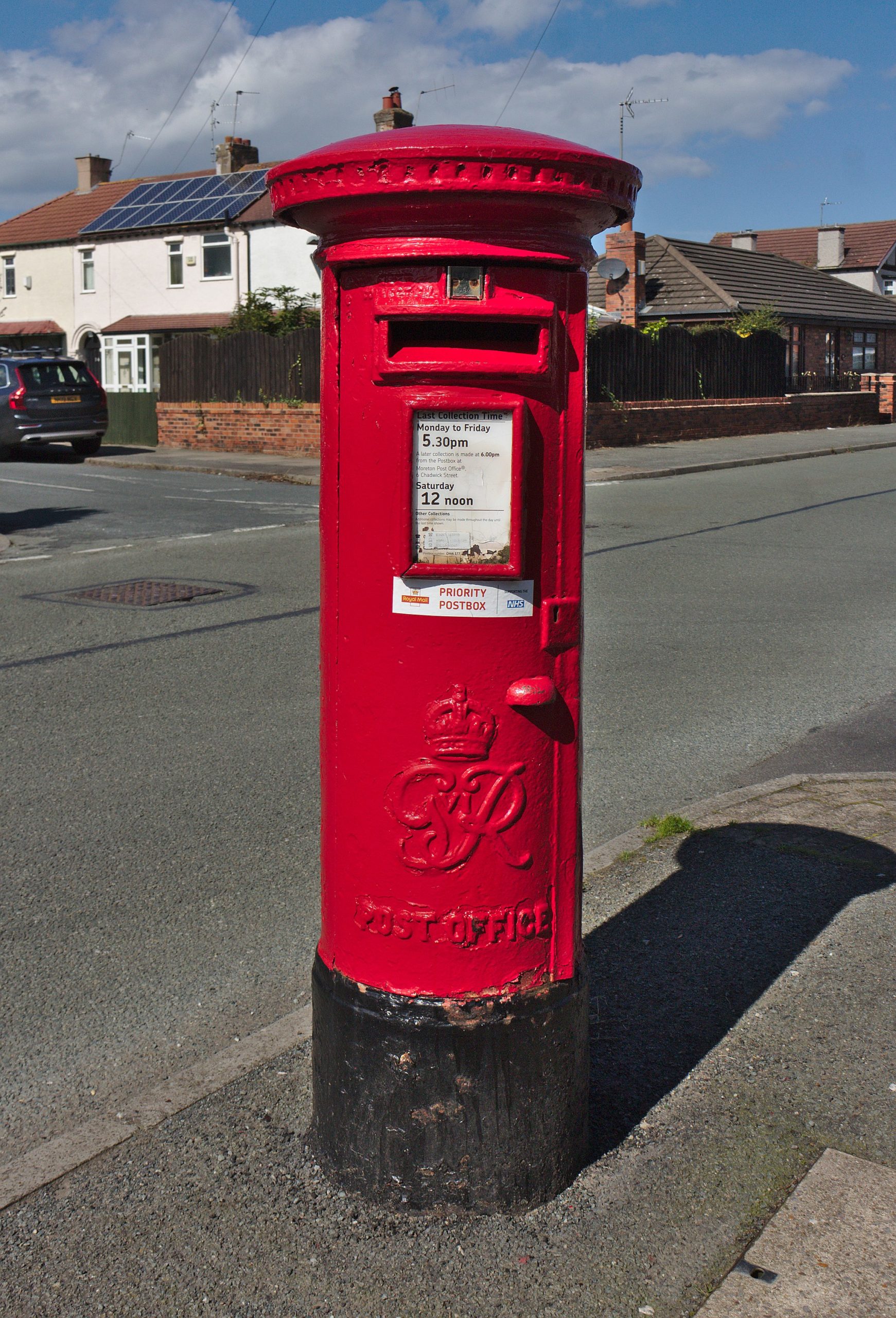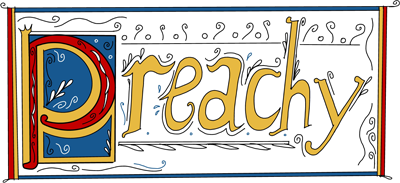
This is not a letter to my Christian School
 For years, I’ve had a recurring dream of writing a letter to the Christian school I attended from grade six to grade 12. In this letter, I would tell my teachers and school administrators about the damage that they did. I would tell them that their forceful insistence that Christianity is the only true religion is harmful especially for young, vulnerable minds. I would tell them about how they made religion repellent for me, and how only now, 15 years later, am I able to even begin to let it all go.
For years, I’ve had a recurring dream of writing a letter to the Christian school I attended from grade six to grade 12. In this letter, I would tell my teachers and school administrators about the damage that they did. I would tell them that their forceful insistence that Christianity is the only true religion is harmful especially for young, vulnerable minds. I would tell them about how they made religion repellent for me, and how only now, 15 years later, am I able to even begin to let it all go.
I wasn’t raised in a religious family. When I was five, my parents thought it was part of their duty to bring my brother and me to church. It didn’t last long. Eventually, my parents got tired of trying to make my brother and me presentable early on Sunday mornings, and we stopped.
For sixth grade, I was supposed to attend a secular school in downtown Atlanta. But because of a hiccup in the enrollment process, I ended up at a conservative Christian school in the suburbs of Atlanta. The academics were solid, and Jesus was interwoven in everything. There were prayers before meals, Bible class was mandatory, chapel was held weekly, and all over campus were large banners that displayed their natural order of things: JOY- Jesus, Others, Yourself. I was a vulnerable tween, and I drank the Christian Kool-Aid.
Meanwhile, things were getting tough at home. My father had a terminal illness, both of my parents drank too much, and their marriage was rocky. Doctrinaire Christianity, then, presented the kind of stability I wasn’t getting at home: “Jesus loves you. Jesus accepts you for who you are. No matter your faults and sins, Jesus will still welcome you to his kingdom.” At 12 years old, I publicly accepted Jesus into my heart during a school chapel. My parents were a little stunned when I started keeping a Bible by my bed and asking to go to youth group. But they never protested. They probably considered it a phase. And for a few years, the Kool-Aid was a strong sedative.
But at the end of eighth grade, things began to change. At the close of the year, we had a pool party at an elite club house in a gated subdivision. As I walked by the gazebo where some of the mothers were gathered, I overheard them critiquing the girls’ bodies: “She shouldn’t be wearing that”; “she should watch what she eats”; “she has such a nice little body.” These “good Christian mothers” were judging and objectifying the bodies of eighth-grade girls. In this, I saw real truths about the Christian community at my school: their rampant privilege, hypocrisy, and discrimination.
Over the next three years, my Christian faith was completely extinguished. In 10th grade, I was required to take a Bible class and journal about my experience with God. I lied so I didn’t fail the class. In 11th grade, I listened as the school boastfully advertised mission trips to low-income countries on a white savior crusade to help the “poor nonbelievers.” I saw girls buckle under the pressure of perfection only to be admitted to eating disorder clinics. By 12th grade, I was skipping Friday chapel to get Chick-fil-A and return to class with glossy bloodshot eyes.
My view of religion had become deeply damaged. I entered college and then my professional career with a hatred and disrespect for it. Religion for me was synonymous with hypocrisy and greed. To me, it was a crutch for the weak.
Only now, in my mid-30s, is this view softening. I met Abdul (not his real name) five years ago while working in Afghanistan. On our first day working together, he rolled out his prayer rug in the corner of the room after lunch and said, matter-of-factly, “I’m going to pray.” I asked if he wanted me to leave. He said no. I sat there uncomfortably as Abdul prayed in the corner, listening as he softly recited the suras. Abdul’s prayers were, for him, meditative and grounding. In the middle of a frantic work day, when the call to prayer came, Abdul would stop to pray. After prayer, Abdul would return to work with a greater sense of calmness and focus. Abdul is one of the most devout people I know. He is also one of the most honest, loyal, respectable, and strong people I know. He has shown me that religion and faith can be used for good by a good man. Abdul was unabashed about his practise of Islam. While I did not take part, he allowed me to be an observer. And by allowing me to be an observer, he helped transform my discomfort into true respect for his practice of faith.
I no longer see religion as a solely authoritarian institution. I married a Muslim man and while he too questions the role of religion, he cherishes the sense of community it provides. We now live in Laos, and here I see how the Buddhist traditions of harmony and peace help create a balanced and integrated society. For key life events, the Lao hold a baci ceremony (a practice that predates Buddhism in the country) to call on the spirits for healing, protection, or well wishes. During the ceremony, white strings are tied to participants’ wrists while an affectionate prayer is said over them. Religion, for me, is no longer about the institutions but more about the people who practice it.
If I were to ever write that letter to my Christian school, I would first tell them the damage they did. I would tell them that their forceful insistence that Christianity is the only true religion is harmful, especially for young, vulnerable minds. And now I’d remind them to follow the literal meaning of “practice what you preach.” Now, 15 years removed from my experience and the damage done at the conservative Christan school in the suburbs of Atlanta, I’ve finally been able to see the wonder in the people who practice what they preach for the betterment of humanity. That’s the type of world I want to live in.
